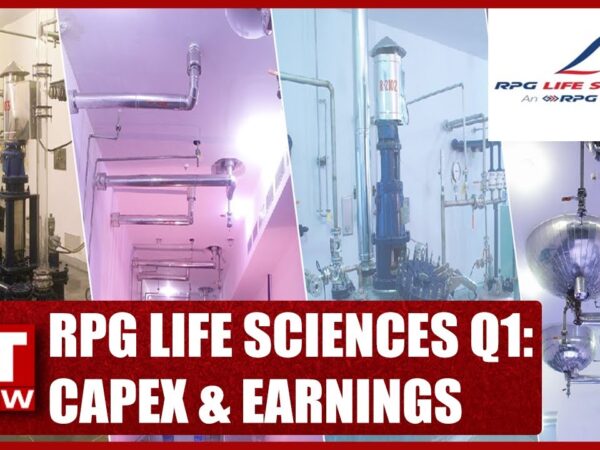In today’s competitive business landscape, Benefits of Lean Manufacturing organizations are increasingly turning to lean manufacturing principles to enhance efficiency and drive growth. Lean manufacturing focuses on minimizing waste while maximizing value to customers, resulting in streamlined operations and improved productivity. In this article, we’ll explore seven key ways lean manufacturing can boost efficiency and transform your business.
1. Understanding Benefits of Lean Manufacturing
Benefits of Lean Manufacturing Before diving into the specific benefits, let’s clarify what lean manufacturing entails. It’s a methodology aimed at optimizing processes by eliminating non-value-added activities (waste) while delivering value to customers. Key principles include continuous improvement (Kaizen), waste reduction, and respect for people.
2. Streamlined Production Processes
One of the primary benefits of lean manufacturing is streamlined production processes. By analyzing workflows and eliminating inefficiencies, such as excess inventory and unnecessary steps, lean principles optimize production flow. This results in reduced lead times, increased throughput, and ultimately, enhanced efficiency.
3. Waste Reduction
Lean manufacturing targets various types of waste, including overproduction, waiting time, transportation, excess inventory, motion, defects, and underutilized talent. By systematically identifying and eliminating waste, organizations can allocate resources more effectively, thereby boosting overall efficiency.
4. Continuous Improvement Culture
A cornerstone of lean manufacturing is fostering a culture of continuous improvement. Employees are encouraged to identify opportunities for enhancement and implement small, incremental changes (Kaizen) to processes. This iterative approach drives ongoing efficiency gains across the organization.
5. Just-in-Time (JIT) Inventory Management
Lean manufacturing promotes JIT inventory management, which means producing and delivering goods just in time to meet customer demand. This approach minimizes excess inventory, reduces storage costs, and optimizes cash flow, all contributing to improved operational efficiency.
6. Enhanced Quality Control
Quality is integral to lean manufacturing. By standardizing processes, implementing error-proofing techniques, and empowering workers to identify and address quality issues at the source, organizations can significantly reduce defects and rework. Improved quality translates to higher efficiency and customer satisfaction.
7. Employee Engagement and Empowerment
Lean manufacturing values the input and expertise of frontline employees. Engaged workers are more likely to contribute innovative ideas and solutions, leading to process improvements and increased efficiency. Empowering employees with training and decision-making authority fosters a sense of ownership and accountability.
Certainly! Here are three additional headings that further explore the benefits and applications of lean manufacturing:
8. Supply Chain Optimization
Lean principles extend beyond the factory floor to encompass the entire supply chain. By collaborating closely with suppliers and implementing JIT principles, organizations can reduce lead times, minimize inventory holding costs, and improve overall supply chain efficiency.
9. Flexible and Adaptive Operations
Lean manufacturing promotes flexibility and adaptability in operations to respond swiftly to changing market demands. By incorporating agile methodologies and cross-training employees, organizations can enhance responsiveness and optimize resource utilization.
10. Sustainability and Environmental Impact
An often-overlooked benefit of lean manufacturing is its positive impact on sustainability. By minimizing waste, reducing energy consumption, and optimizing resource use, lean practices contribute to environmental stewardship and corporate social responsibility.
These additional headings highlight key aspects of lean manufacturing that contribute to its comprehensive benefits and broader applications across different industries and operational areas.
Conclusion
In conclusion, the benefits of lean manufacturing in boosting efficiency are undeniable. From optimizing production processes and reducing waste to fostering a culture of continuous improvement and empowering employees, lean principles drive operational excellence. Organizations that embrace lean manufacturing stand to achieve significant efficiency gains, ultimately enhancing competitiveness and customer satisfaction.
Frequently Asked Questions (FAQs)
1. How can lean manufacturing benefit small businesses?
Lean manufacturing is particularly beneficial for small businesses as it helps optimize resources, reduce costs, and improve agility, allowing them to compete more effectively in the market.
2. What are the challenges of implementing lean manufacturing?
Implementing lean manufacturing requires commitment from all levels of the organization and may face challenges such as resistance to change, initial investment costs, and sustaining momentum for continuous improvement.
3. Can lean manufacturing be applied beyond the manufacturing sector?
Yes, lean principles can be adapted and applied to various industries including healthcare, services, and software development to improve efficiency and customer value.
4. How long does it take to see results from lean manufacturing initiatives?
The timeline for seeing measurable results from lean initiatives can vary depending on the complexity of processes and the organization’s commitment. However, some improvements may be observed within weeks or months of implementation.
5. What role does technology play in supporting lean manufacturing?
Technology plays a vital role in enabling lean manufacturing by providing data analytics, automation, and digital tools for process optimization, real-time monitoring, and collaboration.
By leveraging the benefits of lean manufacturing and addressing common questions, businesses can embark on a transformative journey towards operational excellence and sustainable growth.
Also read : Why Is Business Considered an Economic Activity? Exploring 7 Vital Points












